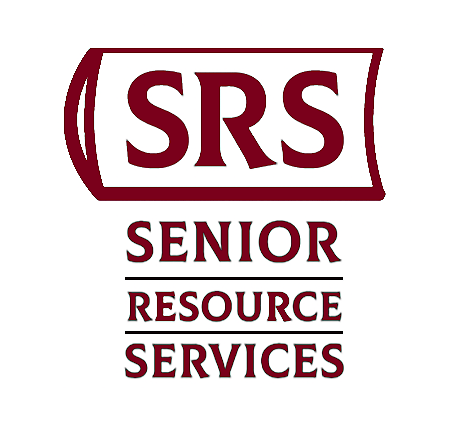Many Villagers no longer receive a tax deduction for their charitable donations because they take the standard deduction rather than itemizing deductions. For 2025 the standard deduction is $15,000 for single taxpayers ($16,500 if age 65) and $27,700 for married filing jointly ($30,000 if one taxpayer is age 65 and $32,000 if both are age 65).
But charitable givers age 70 ½ or older have a way to get a tax benefit for their charitable donations while still using the standard deduction. It involves making donations directly from a traditional Individual Retirement Account (IRA) to one or more charities by using a smart move with a clunky name—Qualified Charitable Distribution—or QCD.
Yes, we know that the current Required Minimum Distribution (RMD) age is 73. But for many of us lucky taxpayers, the age for QCDs is 70 ½.
Normally a withdrawal from a traditional IRA is taxable. However, a QCD of up to $100,000 annually, when given to charity directly from your IRA, is not taxed as income.
Here’s how an IRA QCD provides benefits to you. Mr. & Mrs. V are ages 73 and 74. Because they are 73 or older, they must withdraw a certain amount (RMD) every year from their traditional IRAs. This year their RMDs total $40,000.
The couple usually contributes about $10,000 to various charities. Rather than writing checks to these groups from their regular checking account, they can make their charitable donations from their IRAs and pay no tax on this $10,000 withdrawal.
If they write checks to the charity from their personal account, they won’t get any tax write-off because, based on their other deductions, they will be better off claiming the standard deduction of $32,000.
Donating from their IRA gives them a better result. They will reduce their taxable IRA payout to $30,000 and won’t owe income tax on the $10,000 in donations from their IRAs. While they won’t get a charitable deduction of $10,000, reducing their income by $10,000 is even better.
Here’s where it gets slightly tricky. The IRA charity donations must go directly from the IRA account to the charity. Our couple can do this in one of three ways. 1. Ask the trustee of their IRAs to submit the contributions directly to the charities. 2. Ask the trustee to send them the checks made out in the name of the charities, and they will forward them on. 3. Ask for a checking account for their IRA and they can write the check to the charity. This qualifies because the cash is transferring directly from the IRA account to charity and not into their personal account.
One warning if you make contributions from your IRA. Your form 1099-R for 2025 will show the total distribution from your IRA account during the year whether it went to you or to a charity. It is up to you to tell the IRS that it went to charity. Mr. & Mrs. V must label on their tax return that $10,000 is a QCD and be sure they only pay tax on the remaining $30,000 of their $40,000 distributions. Keep this in mind, and don’t forget to inform your tax preparer that you have made QCDs from your IRA accounts.
SRS Question: Should you withhold tax from your Social Security benefits?
Some Villagers have complained they owe taxes on their 2024 return because more of their Social Security was taxable.
Perhaps you are relying on withholding from your pension or IRA distribution to cover your annual income taxes. If you are still short when you file, having taxes withheld from SS benefits can help you avoid a surprise when the next tax season arrives.
To start withholding, go to ssa.gov/manage-benefits/get-tax-form-10991042s, or call 1-800-772-1213 or 1-800-325-0778 if you are deaf or hard of hearing.
Note: The Senior Resource Services (SRS) office hours for drop-in assistance are Monday, Wednesday, and Friday from 10 a.m. to noon. The SRS office is in the Cribari Center across from the Post Office. You may also leave a message at 408-239-5253. The purpose of SRS is to provide education and general business and financial information. All assistance is free and confidential. You should ask your professional advisor about your individual situation.



